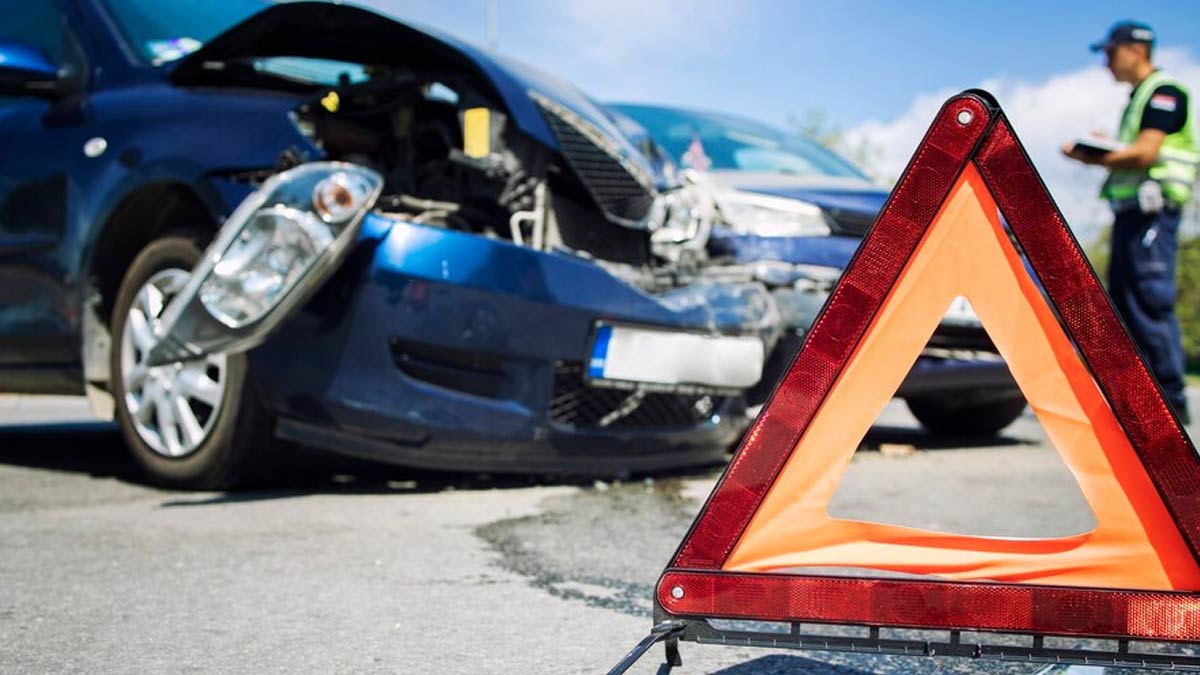
When we talk about head injuries, the first thing that comes to mind is road accidents. Yet, people prefer wearing helmets or seatbelts, or not drinking and driving, only to avoid a fine. In the majority of the population that drives, it is rare to find a proactive attitude towards practising road safety to prevent head injuries in the case of a motor vehicle accident.
Table of Content:-
To help change this attitude, the OnlyMyHealth team spoke to Dr Gaurav Tyagi, Consultant-Neurosurgery, Indraprastha Apollo Hospitals, New Delhi. He shared the severe and long-lasting consequences of head injuries due to road accidents to make people aware.
Brain Injury A Silent Epidemic In India
Calling traumatic brain injury a “silent epidemic” in India, Dr Tyagi said, “Road accidents are affecting Indians in such large numbers that it is almost unbelievable. More than one lakh people die every year because of head injuries, which is almost 20 patients every hour. Approximately, 60% of these head injuries are a direct result of road accidents.”

In Dr Tyagi’s experience, most of the people involved in these road accidents are young, economically viable people who are in the prime of their lives. “It is unfortunate because these people really have a lot to lose. The impact of traumatic brain injuries on their academic, social, and economic life is paramount. Yet, the road accident statistics are shockingly high in India as compared to the rest of the world.”
Real-Life Examples
Giving examples of a few cases Dr Tyagi has witnessed over the years, he shared the dangers of drinking and driving, “There was a group of friends, having fun, and drinking. They were driving around at high speed, got into an accident, and landed in a coma despite the best efforts to revive them.”
“There was another case where a young boy of 18-19 years suffered a severe head injury. On day one he landed in a coma. We had to operate on him twice in 148 hours and he could not make it past seven days,” he added.

These cases highlight how the lack of road safety doesn't just snuff out young, promising lives, but also has long-lasting impacts on their family members. “Traumatic brain injuries often result in the patient slipping into a coma or the vegetative state, which is a burden on their family’s emotional as well as economic condition.”
Preventing Road Accidents
Although the ways to prevent foreseen road accidents are common sense, still Dr Tyagi listed a few ways to save yourself from traumatic brain injuries on the road:
- Avoid drinking and driving
- Avoid skipping lanes or overtaking abruptly
- Avoid rash driving and overspeeding
- Do not drive on the wrong side of the road
- Wear helmets and seat belts
- Do not jump traffic lights
- Follow all road safety measures
Also Read: World Head Injury Awareness Day: Expert Shares Why Mild Head Injuries Should Be Taken Seriously
Dr Tyagi underscored how brain injuries as a result of road traffic accidents aren’t just devastating for the patient but also for the family and people involved in the accident because of someone else’s reckless driving. He ended his advisory on the note, “Just calling ourselves a developing country is not enough. We also need to pay attention to such casualties,” urging road accident patients to seek immediate medical intervention because time is brain, and might just save you from slipping into a coma.
Also watch this video
How we keep this article up to date:
We work with experts and keep a close eye on the latest in health and wellness. Whenever there is a new research or helpful information, we update our articles with accurate and useful advice.
Current Version